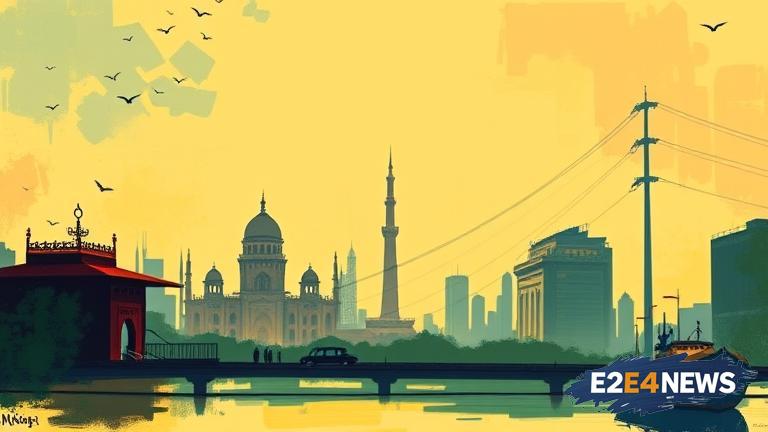The COVID-19 pandemic has brought about a significant shift in the way people live and work. With the rise of remote work, many individuals are reevaluating their priorities and considering a move back to their home countries. For one NRI, the decision to return to India after 11 years in the US was not an easy one. The uncertainty surrounding the H-1B visa program, which allows foreign workers to temporarily work in the US, was a major factor in their decision. The NRI, who wishes to remain anonymous, shared their story of returning to India and the challenges they faced. After spending over a decade in the US, they found it difficult to adjust to the Indian way of life. The cultural differences, language barriers, and differences in work culture were just a few of the challenges they encountered. Despite these challenges, the NRI is happy to be back in India and is enjoying the opportunity to reconnect with their roots. They are also appreciative of the warmer climate and the opportunity to spend more time with family and friends. However, they do miss the professional opportunities and the sense of security that came with working in the US. The NRI’s story is not unique, as many others are facing similar challenges in the wake of the pandemic. The Indian government has introduced several initiatives to attract NRIs back to the country, including the ‘Make in India’ and ‘Startup India’ programs. These initiatives aim to provide opportunities for NRIs to invest in and start businesses in India, as well as to provide them with a sense of security and stability. The NRI’s decision to return to India is also reflective of the growing trend of reverse brain drain, where highly skilled individuals are choosing to return to their home countries. This trend is driven by a desire for a better work-life balance, as well as a sense of patriotism and a desire to contribute to the development of their home countries. The NRI’s story serves as a reminder that the decision to return to one’s home country is not always an easy one, but it can be a rewarding and fulfilling experience. As the world continues to navigate the challenges of the pandemic, it will be interesting to see how the trend of reverse brain drain continues to evolve. The Indian government’s initiatives to attract NRIs back to the country are a step in the right direction, but more needs to be done to provide them with a sense of security and stability. The NRI’s story is a testament to the fact that home is where the heart is, and that the desire to return to one’s roots can be a powerful force. In conclusion, the NRI’s decision to return to India after 11 years in the US is a reflection of the changing times and the growing trend of reverse brain drain. As the world continues to evolve, it will be interesting to see how this trend continues to shape the lives of NRIs and the countries they call home. The NRI’s story serves as a reminder that the decision to return to one’s home country is not always an easy one, but it can be a rewarding and fulfilling experience. The Indian government’s initiatives to attract NRIs back to the country are a step in the right direction, but more needs to be done to provide them with a sense of security and stability. The NRI’s story is a testament to the fact that home is where the heart is, and that the desire to return to one’s roots can be a powerful force. The COVID-19 pandemic has brought about a significant shift in the way people live and work, and it will be interesting to see how this trend continues to evolve in the coming years. The NRI’s decision to return to India is a reflection of the growing trend of reverse brain drain, and it will be interesting to see how this trend continues to shape the lives of NRIs and the countries they call home. The Indian government’s initiatives to attract NRIs back to the country are a step in the right direction, but more needs to be done to provide them with a sense of security and stability. The NRI’s story serves as a reminder that the decision to return to one’s home country is not always an easy one, but it can be a rewarding and fulfilling experience. The NRI’s story is a testament to the fact that home is where the heart is, and that the desire to return to one’s roots can be a powerful force. The NRI’s decision to return to India after 11 years in the US is a reflection of the changing times and the growing trend of reverse brain drain. The NRI’s story serves as a reminder that the decision to return to one’s home country is not always an easy one, but it can be a rewarding and fulfilling experience. The Indian government’s initiatives to attract NRIs back to the country are a step in the right direction, but more needs to be done to provide them with a sense of security and stability. The NRI’s story is a testament to the fact that home is where the heart is, and that the desire to return to one’s roots can be a powerful force. The COVID-19 pandemic has brought about a significant shift in the way people live and work, and it will be interesting to see how this trend continues to evolve in the coming years. The NRI’s decision to return to India is a reflection of the growing trend of reverse brain drain, and it will be interesting to see how this trend continues to shape the lives of NRIs and the countries they call home.
